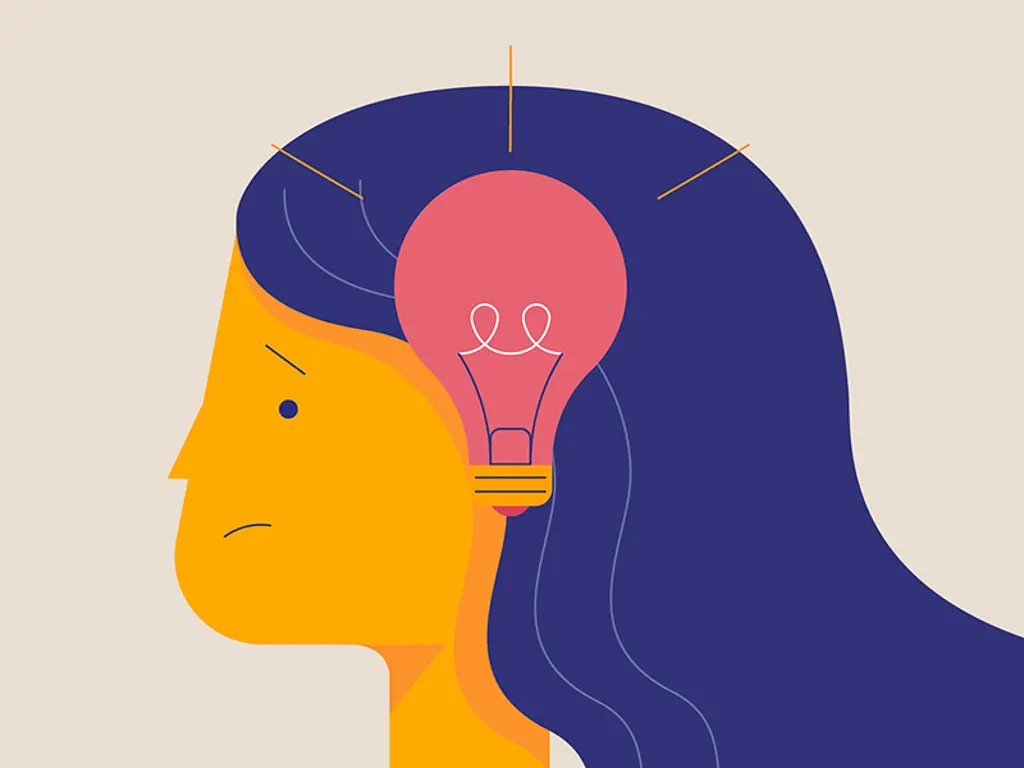In our modern society, navigating school life can, sometimes, be overwhelming and stressful. Academic pressure is the number one cause of burnout, and negative thoughts may creep into our minds, leading to self-doubt and reduced motivation. However, learning to reframe these negative thoughts can have a profound impact on our academic performance and overall wellbeing. Below I will share with you 7 things to teach your students about how they can reframe their negative thoughts. It’s important to remember that as silly as this worry may seem to you, it is totally justified in the minds of your child or student. Here are seven things they can learn to reframe those negative thoughts.
1. Recognising Negative Thoughts and Their Impact
The first step in reframing negative thoughts is to become aware of them and recognise the impact they are having. It’s sometimes difficult to not get lost in these thoughts, but we need to pay attention to the negative thoughts that come up during our academic journey as much as we can. We need to make note of what they are and how they make us feel. These thoughts may revolve around our self-doubt, fear of failure, or feeling overwhelmed. Understanding the impact of these thoughts on our emotions and behaviour empowers us to take control and initiate change.
2. To Challenge Negative Thoughts with Evidence
Once we’ve identified negative thoughts, challenge their accuracy with evidence. We should ask ourselves whether there is concrete evidence to support these thoughts or if they are just assumptions we’re making. Often, negative thoughts are driven by fear and anxiety, lacking any substantial basis. By confronting them with rational evidence, we can weaken their influence on our mindset.
I’ll give you an example: If we're convinced we'll fail a test or exam, we should remind ourselves of previous academic achievements and times when we overcame similar challenges. This evidence will help shift our perspective and increase our confidence in tackling the challenge ahead of us.
3. How to Up Their Positive Self-Talk
Positive self-talk is a powerful tool in combating negative thoughts. Replace self-criticism with self-compassion and uplifting affirmations. Instead of saying, "I'm terrible at math; I'll never understand it," reframe it into, "I find math challenging, but with practice and determination, I can improve." In other words, change our mindset from a fixed to a growth. More on the fixed and growth mindset here. I am constantly finding things difficult in my life, living with my disabilities, and I am constantly using this technique to reframe my thoughts.
Consistently practising positive self-talk creates and embeds a more constructive inner dialogue and builds resilience when faced with academic obstacles.
4. To Find Alternative Perspectives
When negative thoughts take hold, we should consider alternative perspectives on our situation. It's easy to get trapped in a pessimistic mindset, but there are often multiple ways to view a situation. We can search for any positive aspects, learning opportunities, or potential silver linings in the challenges we face. There is always something to learn from any challenge that we face, we must be open to finding it.
For example, if we didn't perform as well as we'd hoped on a test or in an exam, we should look at it as a chance to learn from our mistakes and enhance our skills for future assignments. Learning can come from simple questions such as: What did I learn? Did I study hard enough? Should I have sought out help earlier? Or did I ask enough questions?
5. Incorporate Mindfulness and Meditation
This one’s, my jam. I have been practising mindfulness meditation now for the better part of a decade, and it has really helped me hone in on the way I think. Practising mindfulness through meditation can significantly reduce stress and improve our ability to manage negative thoughts. Mindfulness involves being present and ‘in the moment’ without making judgments about ourselves and our practice, while meditation helps cultivate a calm and focused mind. With a brain injury, it is very common for me to get swept away with thoughts and onto another planet, but with the skill of being mindful, I can recognise these thought patterns before I make it to an entire other galaxy.
Set aside a few minutes each day to engage in mindfulness exercises or meditation. The first thing I do, when I wake up, is take 10 minutes to sit down and meditate while sipping on a warm cuppa. This practice allows me to observe my thoughts without getting entangled in them, which leads me to increased self-awareness and emotional regulation.
6. To Seek Support and Share Their Concerns
At school, we should not hesitate to seek support from friends, teachers, or counsellors. Talking about our negative thoughts can provide us with a fresh perspective and alleviate feelings of isolation. We often discover that others have experienced similar challenges and we’re actually all in the same boat paddling up the same stream together. Who knows, others may offer valuable advice or encouragement for us to take on board.
7. Focus on Solutions, Not Problems
When faced with difficulties at school, we need to shift our focus from the problem to potential solutions. Dwelling on the negative aspects of a situation can amplify feelings of helplessness. Instead, we need to channel our energy into developing some actionable steps to overcome the challenges.
Becoming a master of our minds is no easy feat, I know, but by simply reframing our mindsets and thoughts, we can overcome any adversities that stand in our way. Reframing negative thoughts at school is a skill that can be honed with practice and persistence. By using the seven tips above, we can cultivate a more optimistic and resilient mindset. By incorporating these powerful techniques into our daily lives, we’ll find ourselves better equipped to thrive academically and maintain overall wellbeing throughout our educational journey.
(Oh, and did I mention that students are just the catalyst for this message? We can all use these tips to reframe the negative thoughts in our lives!)





